Solar Panel Efficiency
Solar panel efficiency depends on the amount of sunlight reflecting on the panels’ surface. The reflected sunlight is transformed into electrical energy. Older solar panels have an efficiency rating of around 15%, but advancements in photovoltaic technology have increased efficiency to up to 22%. Some high-efficiency solar panels reach 23% efficiency.
Determining a solar panel’s efficiency depends on two factors, panel efficiency and photovoltaic (PV) cell efficiency.
Panel and Cell Efficiency
PV cell efficiency refers to the silicon type and cell design. The cell layout, configuration, and panel size are the basis used to determine the total efficiency of the solar panel.
Cell efficiency refers to the maximum power rating determined under standard testing conditions.
Types of Solar Panels
Three types of solar panels are most commonly used in residential and commercial buildings. Here’s a brief look at each of the three types.
Monocrystalline Solar Panels
Monocrystalline solar panels are typically installed in larger commercial buildings and residences. These solar panels are often the most energy efficient.
Pros
- Constructed from silicone, the panels can improve energy efficiency between 15% and 22%.
- Require less space than other types of solar panels.
- Monocrystalline solar panels can last for up to 25 years.
Cons
- High price point
- Monocrystalline solar panels are not designed for cold weather climates. Snow can damage solar cells.
Polycrystalline Solar Panel
Polycrystalline solar panels are constructed from silicon crystals melted together. However, using more silicon crystals does not create a more efficient solar panel. It’s why these solar panels are less expensive than monocrystalline ones.
Polycrystalline solar panels come with power settings ranging from 5W up to 250W and higher.
Pros
- Lower price point
- Less waste during manufacturing
- Durable and long-lasting
Cons
- Lower energy efficiency ratings than monocrystalline solar panels
- Require more space to produce the same level of power.
Thin Film Solar Panels
Thin-film PV cells are lightweight and easy to install. Unfortunately, these types of solar panels are the least energy efficient. The two primary benefits of these panels are their portability and flexibility.
Pros
- Easier to install and less expensive.
- Good choice for transportation applications like cold-storage food trucks.
Cons
- The panels require a large space to harness enough solar energy to power large commercial buildings.
- Shorter warranties due to a weaker construction.
Factors Impacting Solar Panel Efficiency
Several factors impact solar panel efficiency, here’s a look at the common ones.
Inverter Efficiency
The inverter converts a direct current to an alternating current. Homes and commercial buildings run on AC power. Since most inverter’s conversion efficiency is between 97% to 99%, the energy loss is minimal.
Thermal Cycling
Thermal cycling refers to how solar panels react to temperature changes. Panels expanding and contracting can lose some of their energy efficiency.
Solar Panel Orientation
North-facing roofs rarely receive enough sunlight for solar panels. The best orientation is to install the panels on a south-facing roof. West and east-facing roofs are the next best option.
Environmental Factors Impacting Solar Efficiency
Environmental factors can impact solar panel efficiency. It’s something to consider before installing the panels on a commercial or residential building.
Temperature
Solar panels function best when temperatures are around 77°F. Peak efficiency occurs between 59°F and 95°F. When temperatures climb higher, solar panel efficiency can decline.
Color
Color also affects solar panel efficiency. While black can increase temperatures above optimal degrees, using dark blue, green, or patterns for the backdrop can increase efficiency.
Snow
Snow accumulating on the solar panels can decrease efficiency.
Wind
Wind can tear off solar panels, but it does not affect efficiency when the sun is shining.
Rain
Rain only affects solar panel efficiency when storm clouds block sunlight. However, rain can help keep layers of dirt and dust in place which does affect efficiency.
Hail
Solar panels are tested and can withstand most hailstorms. However, prolonged ones can damage solar panels.
Dust and Grime Buildup
Dust and grime will build up on solar panels, reducing efficiency. Regular cleaning will help prevent the issue.
Selecting the type of solar panels you need can be a daunting task, and it is just the start of your solar panel journey. You will also need to consider things like manufacturer, permitting, electrical upgrades, installation, and project management. Action Services Group has over 30 years of experience in electrical project management.
What to Consider When Installing Solar Panels
The Center for Sustainable Energy reports that the installation can cost, on average, between $15,000 and $25,000. It’s a large expense for commercial and residential building owners to consider.
Over time, you can recoup your initial investment, especially when it comes to energy savings.
Where you install the solar panels is key. Remember, you want to install the panels in a location receiving the most amount of sunlight. It’s also a good idea to examine your energy usage. Are you using enough to justify the cost of installing solar panels?
Call Action Services Group Today
Installing solar panels can improve energy efficiency, and you have several types to choose from. If you have questions about solar panels or are ready to start a project, contact one of our experts today.
Call 610-558-9773, emailing [email protected] or schedule a call that fits your needs by clicking the button below.

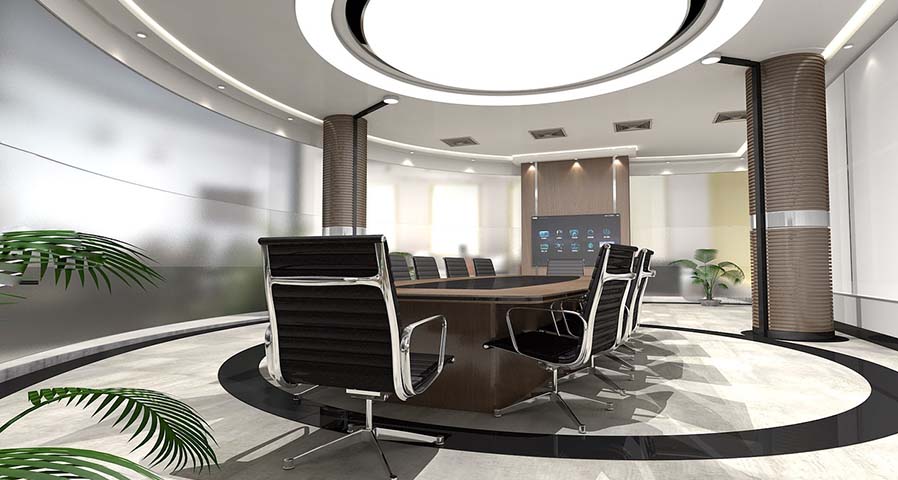

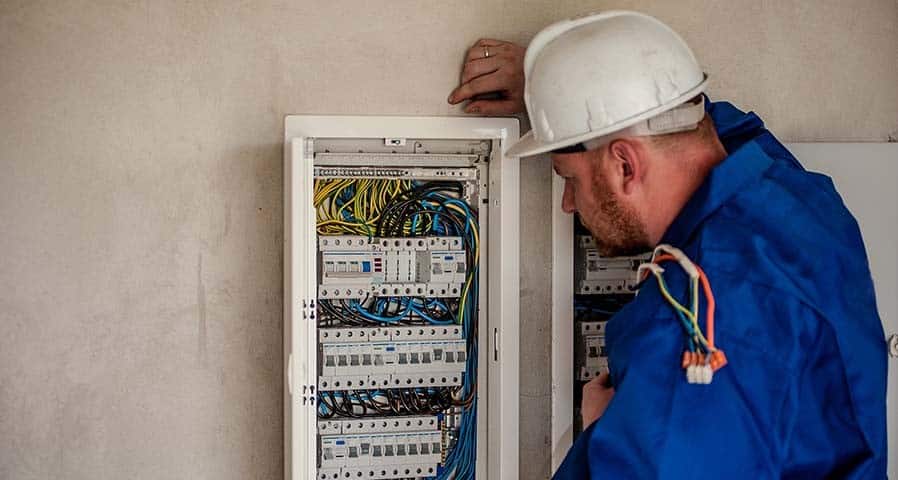
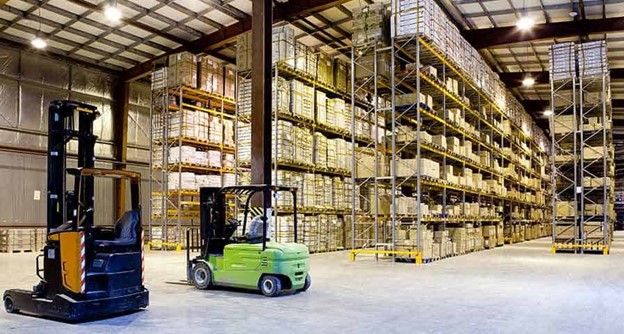
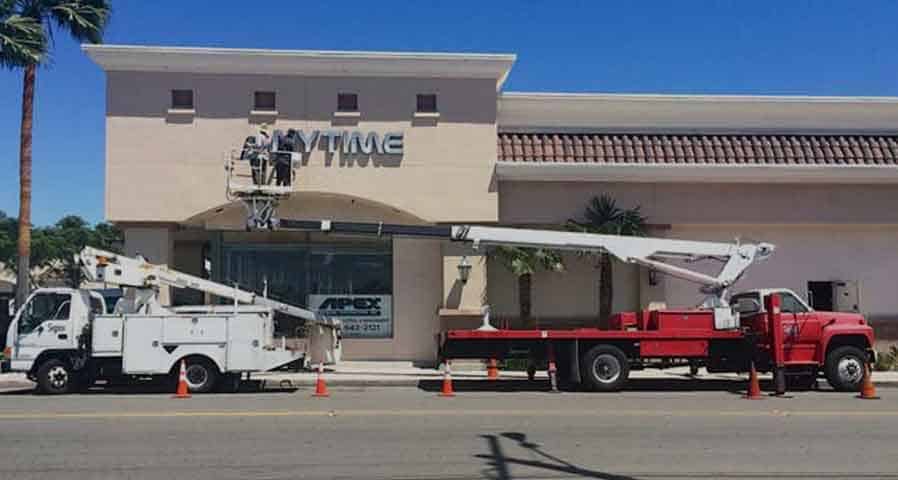

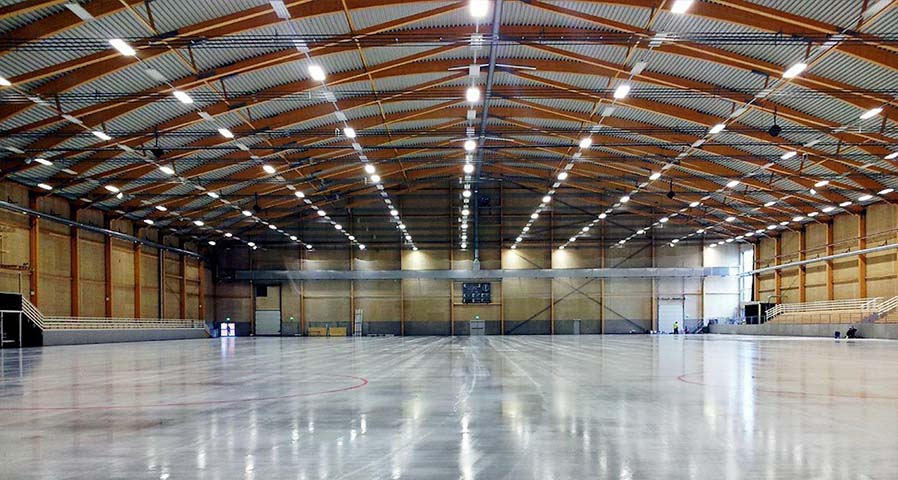








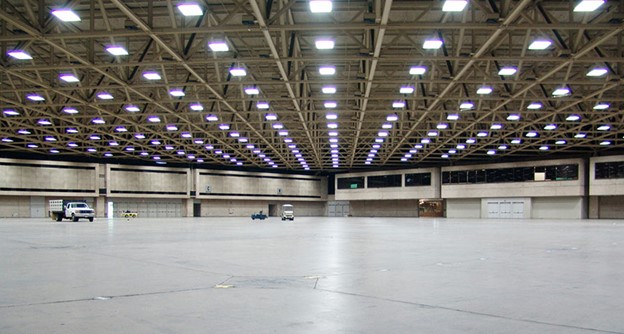
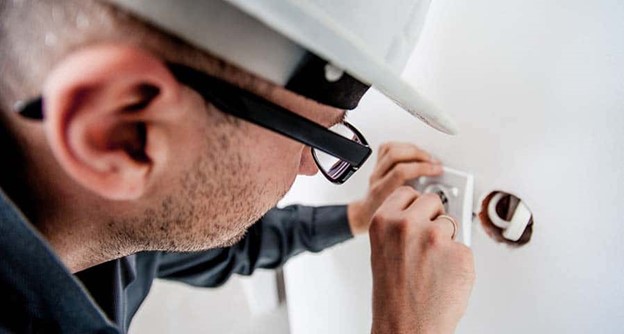


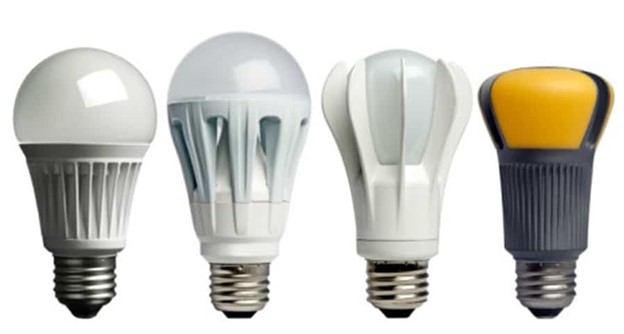
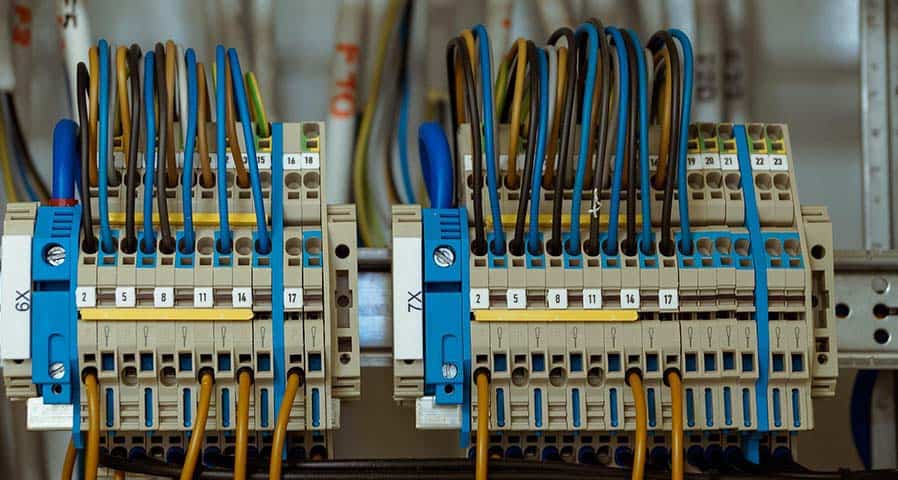



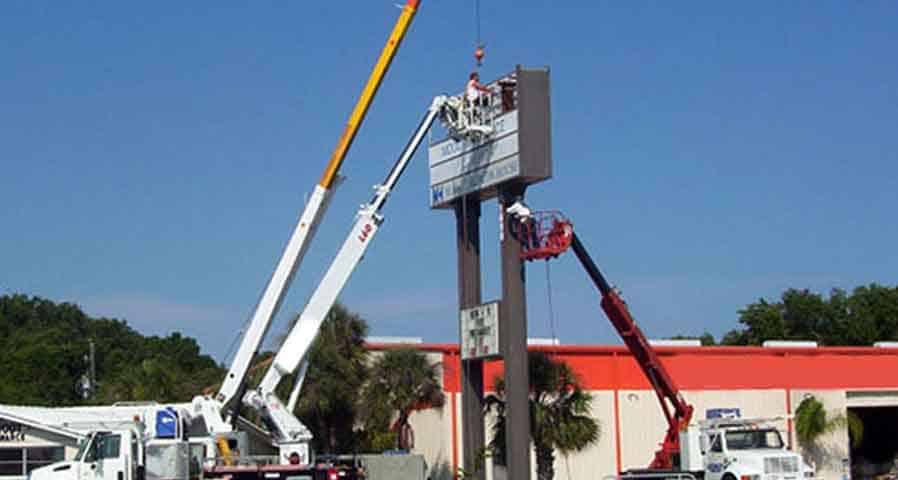

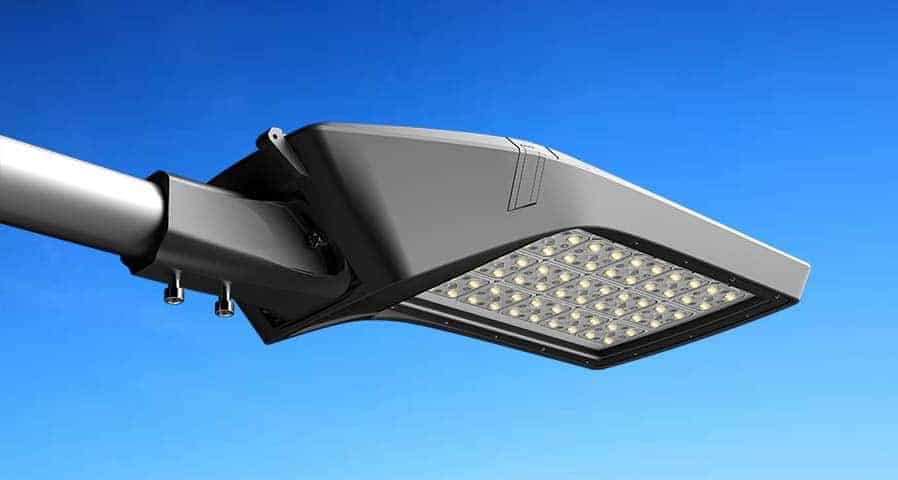

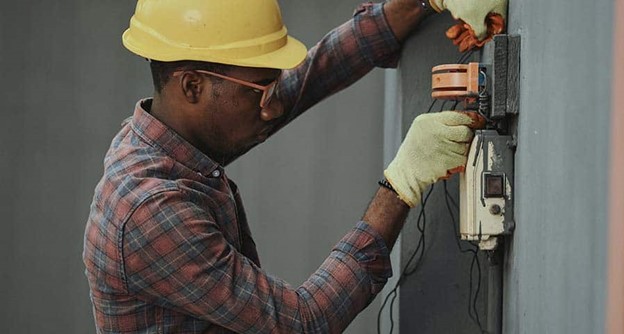
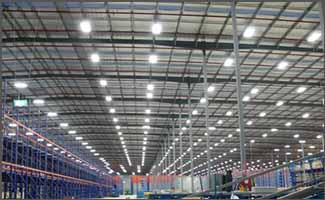
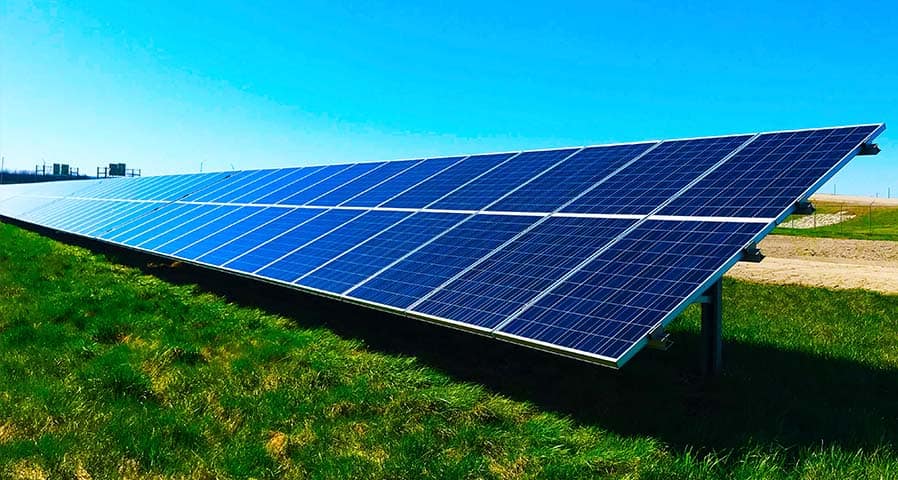

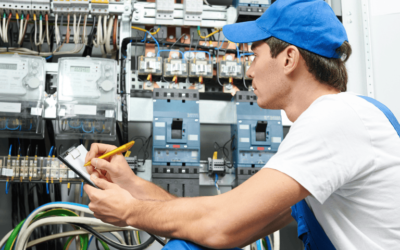



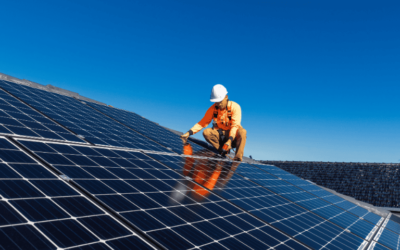
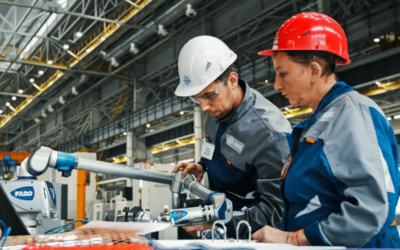
I must say, this blog post on solar panel efficiency and the role of solar panel fabrication is incredibly enlightening! It’s evident that you’ve provided a deep understanding of the subject matter, and I’m genuinely impressed by the clarity with which you’ve presented the information.
The explanation of how solar panel efficiency is linked to the amount of sunlight reflecting on the surface truly resonated with me. It’s fascinating to learn how advancements in photovoltaic technology have significantly boosted efficiency, making a substantial impact on energy production. The distinction between panel efficiency and photovoltaic cell efficiency is also a valuable insight that many might overlook.
I greatly appreciate how you’ve simplified a potentially complex topic, making it accessible even to those who might not be familiar with the technicalities of solar panels. Your dedication to informing readers about the different types of solar panels and their impact on energy conservation is commendable.
After reading your post, I feel more equipped to make informed decisions about solar panel installations for my home. Thank you for sharing your knowledge and expertise in such a user-friendly manner. I’m excited to explore more of your content in the future!